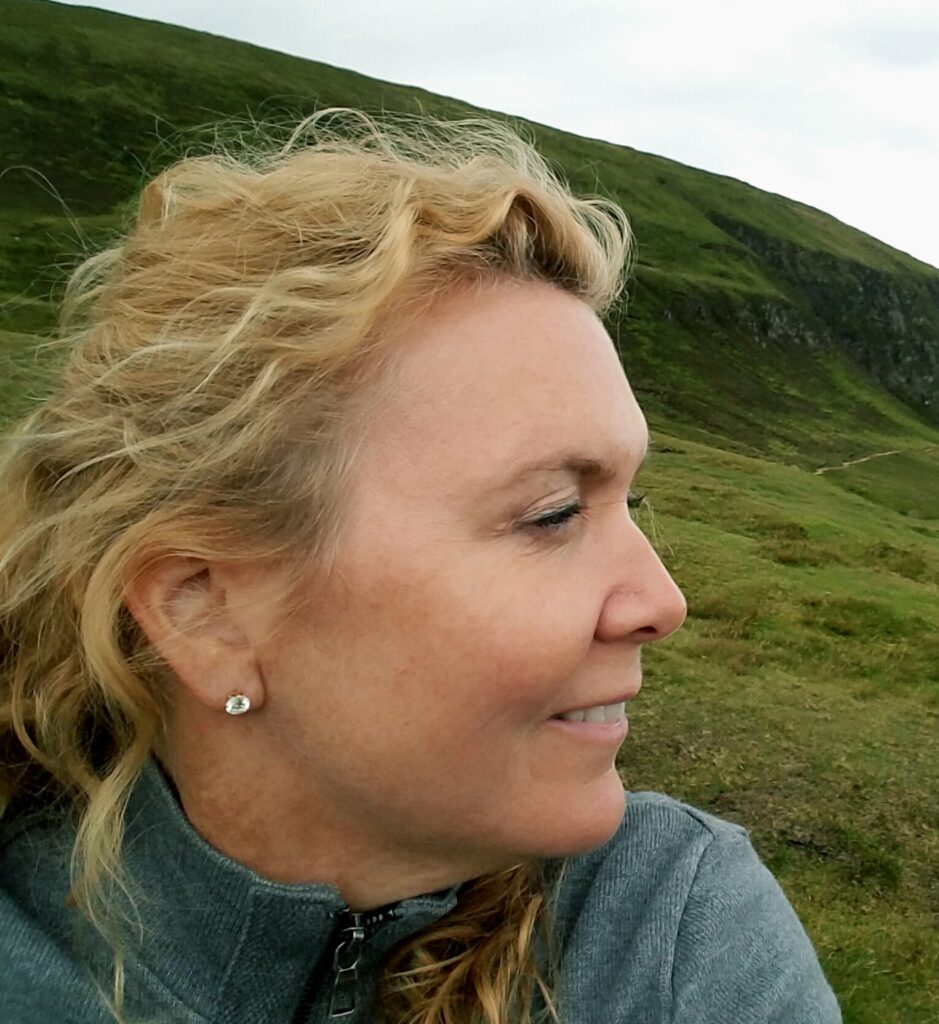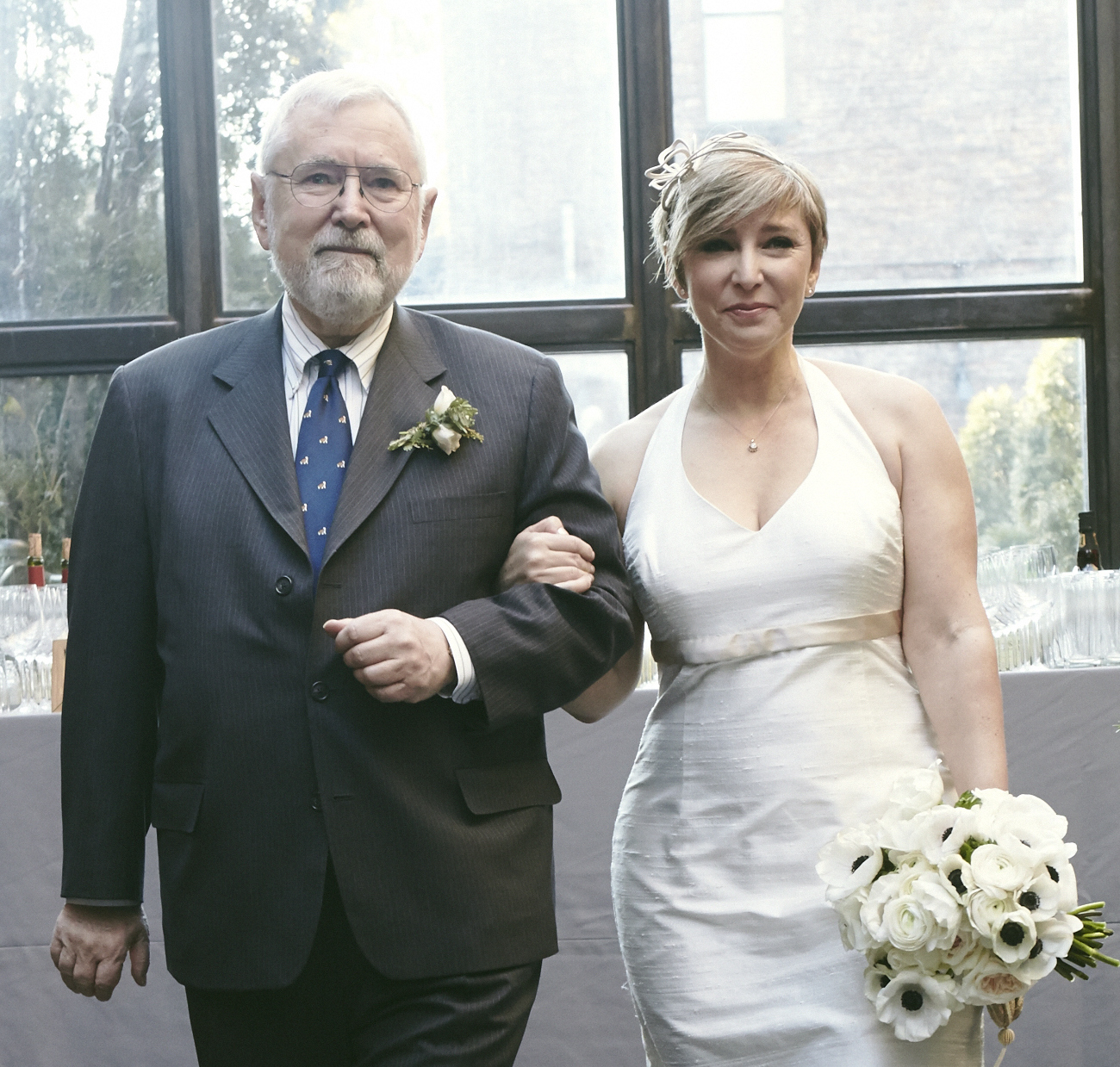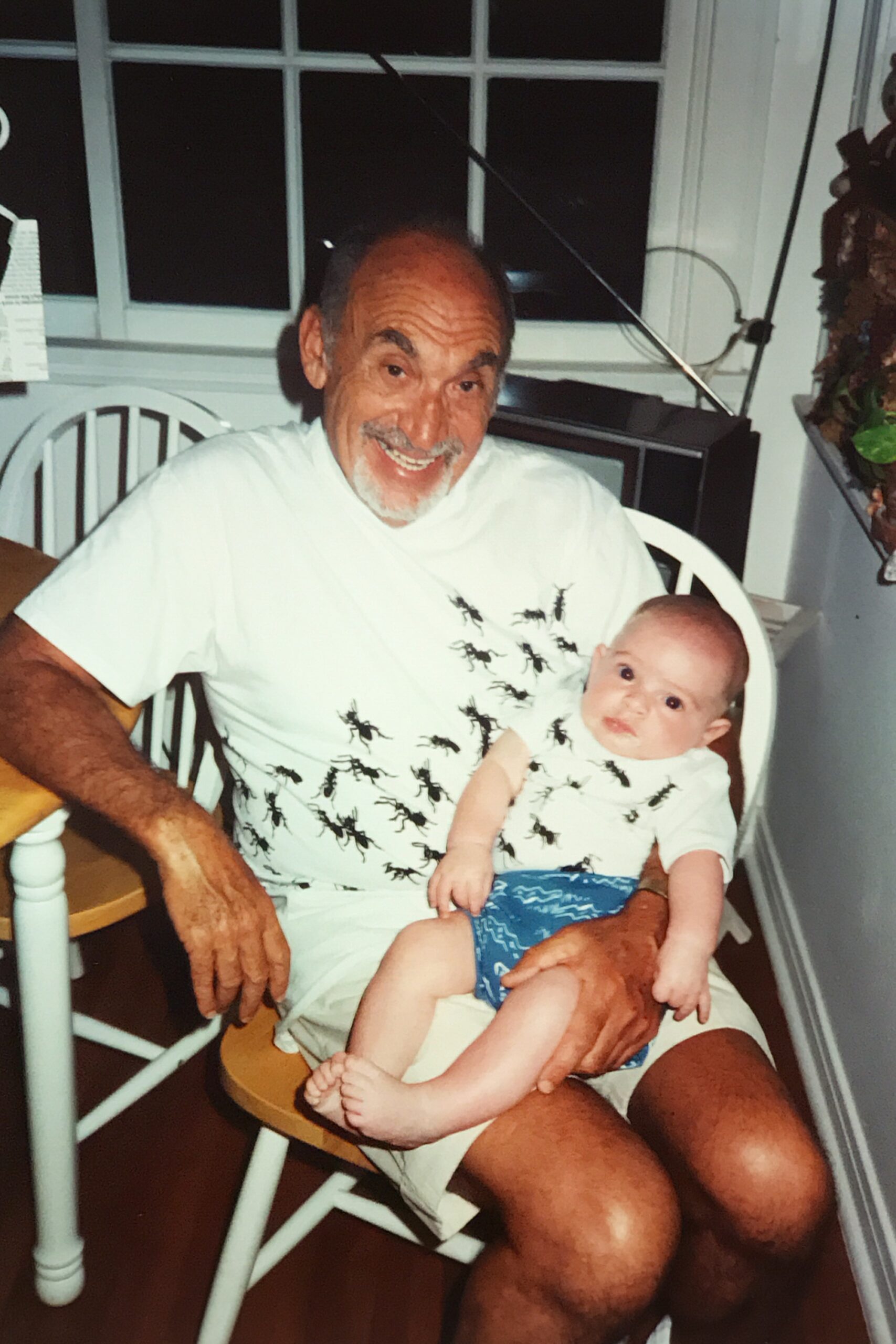UPDATE: Dr. Henson died in August, 2022. She was a committed advocate for Death with Dignity in Massachusetts and raising awareness for ALS.
Dr. Heidi Henson is fighting for Death with Dignity in Massachusetts.

Until last spring, I was a tall, fit, active 53-year-old woman. I balanced three jobs–head of HR, professor, and owner of a coaching business. I was also an ocean rower, dancer, gardener, Big Sister, and a mother. I had a wide circle of friends and traveled frequently. I had already been to 56 countries and was planning many more. I was looking ahead to retiring at 60 and achieving my lifelong dream of living overseas. Life was great.
ACCEPTANCE
Now, I must accept that retirement will never happen, nor will I get to be an expatriate–Because now I am terminally ill with ALS.
Every day, my thoughts are no longer focused on what I am going to accomplish, but on worrying if I will see another decline in my function.
I have been losing strength and stamina far more quickly than anticipated. I know the stage at which I would like to die, and this fatal progressive disease is driving that timeline.
I share this not only as a woman with ALS, but as a psychologist and longtime public official in Massachusetts.
I find it barbaric that we refuse our citizens access to medical aid-in-dying laws that have been in existence since 1997,
laws that employ stringent procedures to give the dying a patient-directed option for ending their life peacefully, with dignity, at the place and time of their choosing.
PSYCHOLOGICAL FREEDOM
The ability to make choices, to have agency, is what we call “psychological freedom.” Everyone wants to think they can control their own destiny. Humans resent someone removing their choice, giving them a “no.” This denial of choice comes in many forms. In my line of work, the ultimate “no” was firing someone. Their agency and choice were taken away from them. Now, I am losing my agency and choice—in daily activities, in how I live each day, and most poignantly, in how I will die.
For me, this sense of psychological freedom comes from controlling when I “get off the bus.” Unfortunately, my pre-determined stop is at Ventilator Junction. I’m not trying to be flippant. I know without reservation that I do not want to live without being able to breathe on my own. As someone who was so active prior to my ALS diagnosis, it has been horrendous to experience such restriction in bodily movements, to feel those muscles literally wither and collapse, so that my legs and arms are just rolls of skin. My hands have grown weak, and my voice is starting to falter. As I look ahead, I think a catheter and feeding tube I could live with. But, struggling to breathe, literally gasping for air, I can’t bear it.

THE RIGHT TO CHOOSE HOW I DIE
To choose what happens in my life is of paramount importance right now.
I can’t choose what is happening to my body–the shutdowns, the failures. But I can choose when to say I’ve had enough.
This choice helps me feel not quite so trapped in my body, which is waiting for the inevitable decline.
Currently in Massachusetts, if I decide I am ready to die, I only have the option of hospice, where I will have to starve and dehydrate myself, before I finally pass away. This can take weeks of suffering…not just for me, but also my family. I should not have to die because of others’ beliefs and shouldn’t have to contemplate moving to another state or traveling all the way to Switzerland to get the end-of-life care I need and deserve.
None of us choose to be born, but we should have the right to choose when and how we die.
More than 70 million Americans in ten states and Washington D.C. have access to Death with Dignity. Massachusetts needs to join them now. For me. And for everyone else with terminal illness in the Commonwealth. If you are in Massachusetts, please send an email to Speaker Mariano and Senate President Spilka telling them to support the End of Life Options Act.

